Kishoreganj, August 17 — A remarkable 28 sacks filled with cash, foreign currency, and gold jewelry were discovered from the donation boxes of the historic Pagla Mosque, located on the banks of the Narsunda River in Kishoreganj city. The donation boxes, which are typically opened every three months, were unlocked on Saturday after a longer-than-usual period of three months and 27 days.
The counting of donations, which began at 8:30 am, involved a team of around 350 individuals, including bank officials, madrasa students, and members of the mosque committee. The process was overseen by Deputy Commissioner of Kishoreganj and President of the Pagla Mosque Committee, Mohammad Abul Kalam Azad.
"After nearly four months, we have found a record amount of 28 sacks of cash," said Azad. The counting is being conducted meticulously by students and bank staff to ensure accuracy.
The team included Additional Deputy Commissioner (Revenue) ATM Farhad, Additional Deputy Commissioner (Education and ICT) Kazi Mahua Mumtaz, Rupali Bank Assistant General Manager Rafiqul Islam, along with 257 madrasa students, 70 bank employees, 34 members of the mosque committee, and 10 law enforcement officers.
Pagla Mosque, located in the Harua area, is a well-known religious site in Kishoreganj. The three-story mosque, with its towering minarets and domes, is not only a significant historical structure but also a spiritual hub for people of various religions and beliefs. Many believe that donating to this mosque fulfills their wishes, leading to a steady stream of contributions, including at night when some people secretly leave their offerings.
Deputy Commissioner Azad emphasized the deep connection people have with Pagla Mosque, stating that the donations come from across the country and even abroad. "With these donations, we plan to construct a grand mosque capable of accommodating at least 30,000 worshippers. Additionally, funds will be used to support local mosques, madrasas, and the treatment of the poor in the district," he added.
The Pagla Mosque has a rich history dating back to the era of Isha Khan, one of the twelve Bhuiyas of Bengal. It is named after Dewan Zilkadar Khan, also known as Zilkadar Pagla, who was known for offering prayers on the banks of the Narsunda River. After his death, devotees built the mosque in his memory, and it has since become a revered site for worshippers of all faiths.



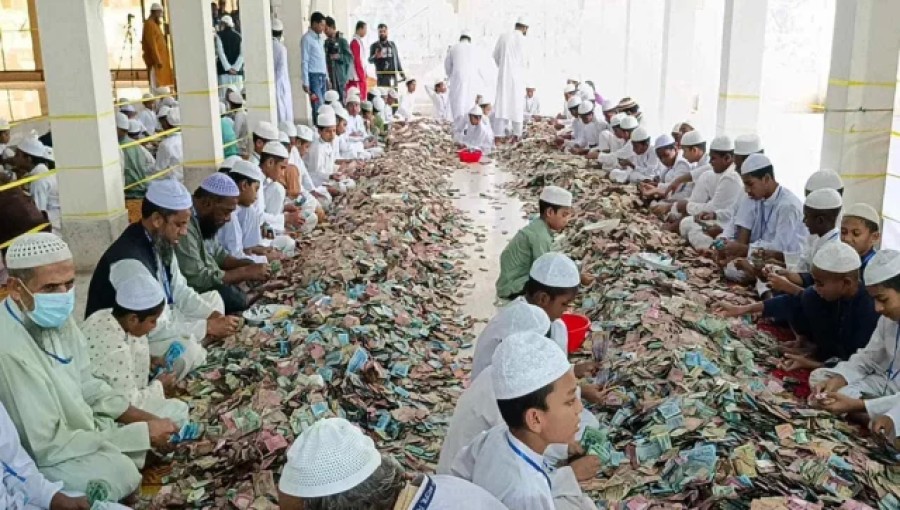


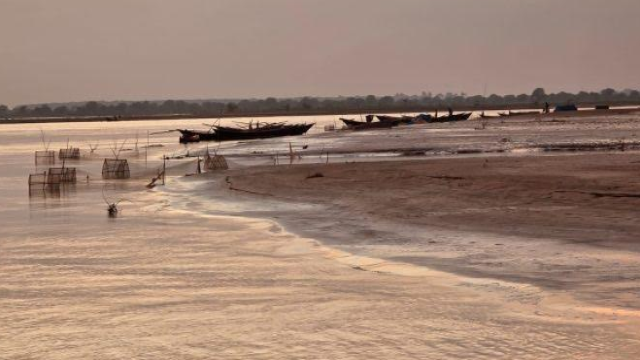
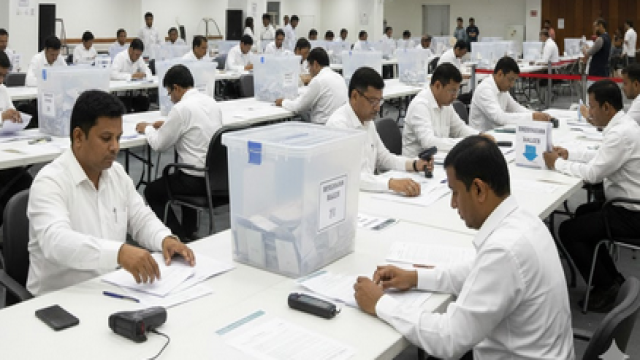
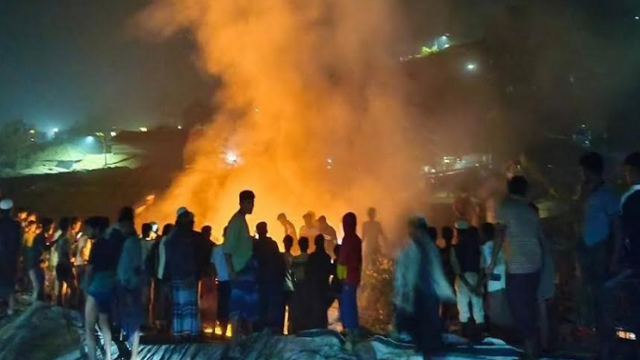

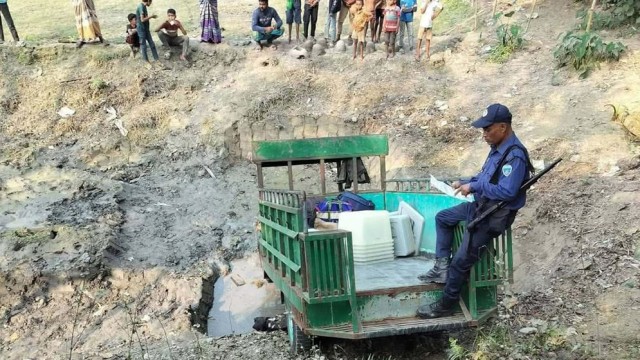
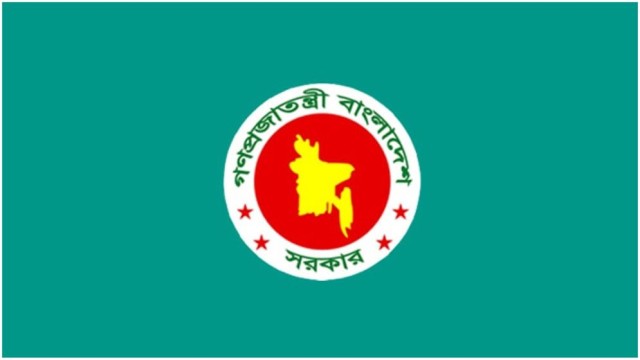
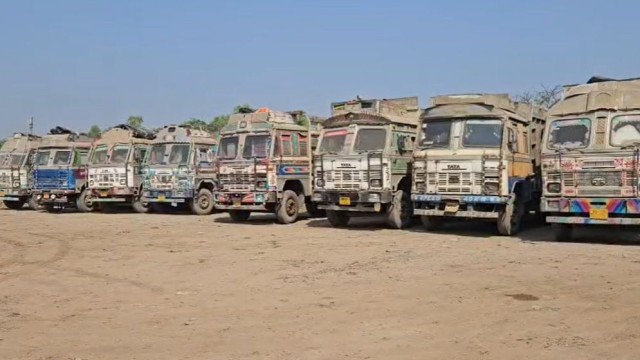
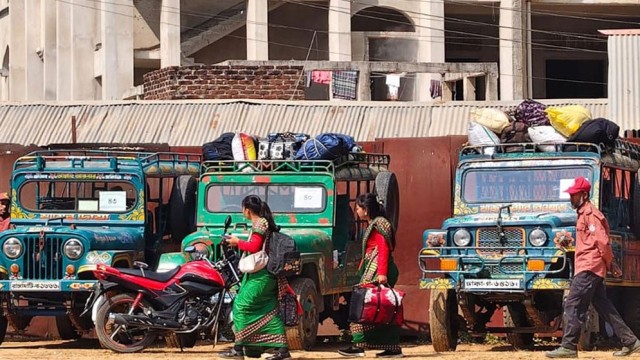
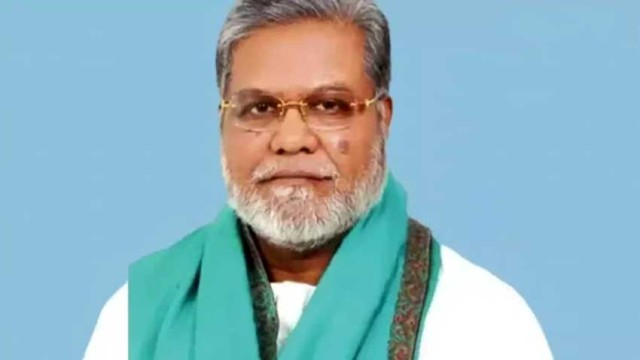
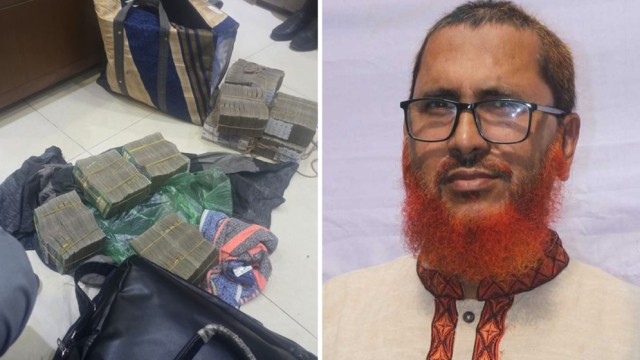
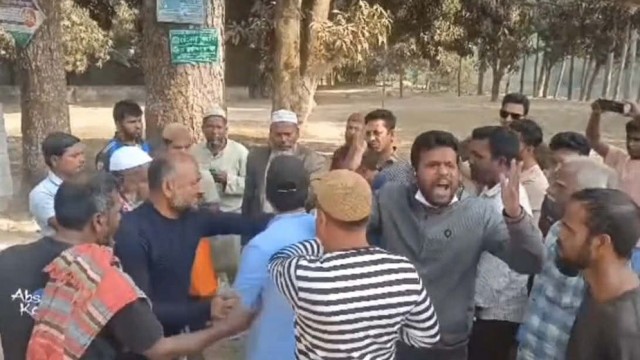
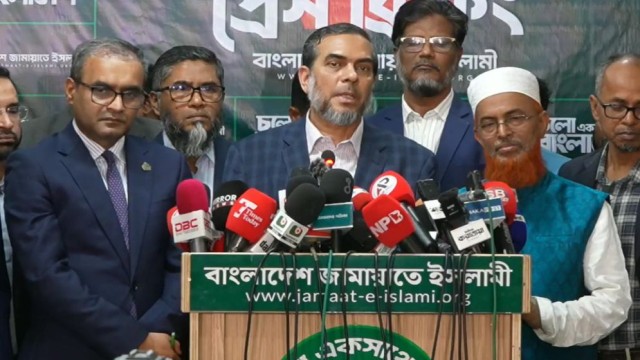

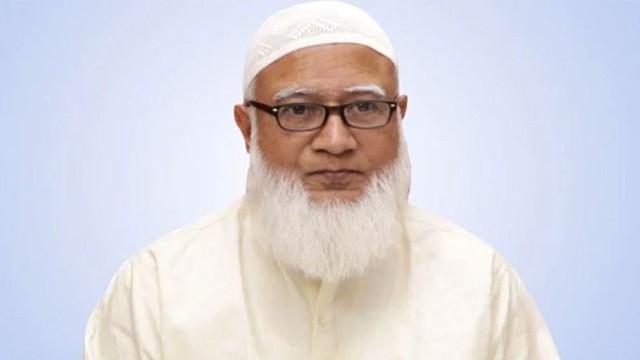











Comment: